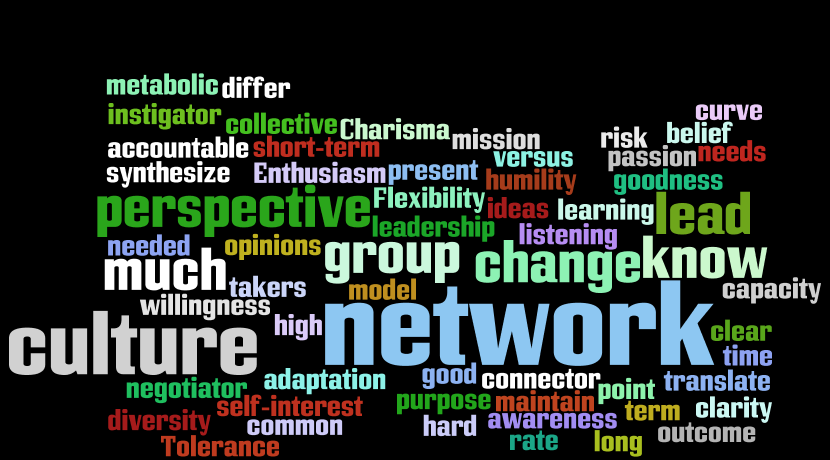Education necessitates a combination of mental and physical readiness, particularly when leading scholars with extensive skills, knowledge, and backgrounds. Leading a group of academicians with diverse experiences can be a formidable task, and to address this challenge, I believe that emphasizing humanity and setting a personal example are essential.

As a leader in a higher education institution, responsible for guiding scholars who will, in turn, become role models for their students and future leaders of the nation, the most vital qualities to possess are honesty and integrity. This is because making fair and ethical decisions is paramount for academic leaders. These decisions not only foster trust among the institution’s staff but also among the students who observe the conduct of their leaders. Building such trust is significant as students learn not only from textbooks but also from the behavior of their mentors.
Furthermore, it is crucial for academic leaders to embrace creative thinking and explore innovative approaches to tackle challenges. This involves a willingness to depart from traditional methods of operation and remain open to discovering improved ways of educating and managing the institution. Such innovative thinking can spark fresh ideas with the potential to elevate the standards of education.
Additionally, effective leadership, irrespective of the group being led, requires the ability to motivate followers through persuasion and trust-building rather than relying on coercion. Achieving this necessitates an understanding of the unique needs of those being led, which, in turn, demands strong communication skills and the capacity to empathize and connect with them.

Lastly, it’s my belief that, in addition to possessing exceptional intelligence and expertise in their respective fields, leaders in higher education should also have strong emotional intelligence (EQ). I came to this realization during a recent discussion with the esteemed former Vice Chancellor of UTM, Prof. Datuk Ir. Dr. Wahid Omar.
EQ is fundamental for effective leadership in higher education. Leaders with high EQ are better equipped to connect with and guide their followers meaningfully. This quality allows them to understand and manage emotions, both their own and those of others, effectively. Consequently, they can positively influence their team members and help them work towards the institution’s goals and aspirations.
In essence, the cultivation of the qualities mentioned above plays a pivotal role in shaping the character of an effective leader in a higher education institution. These elements are instrumental in nurturing leaders who can excel in the dynamic and diverse realm of higher education.
#my2cents


